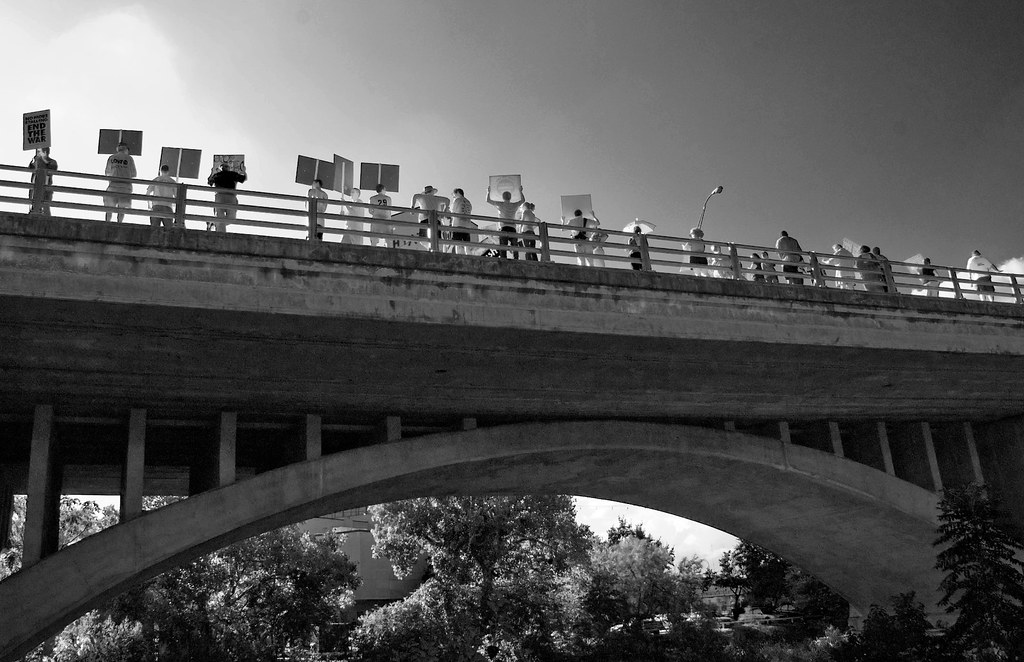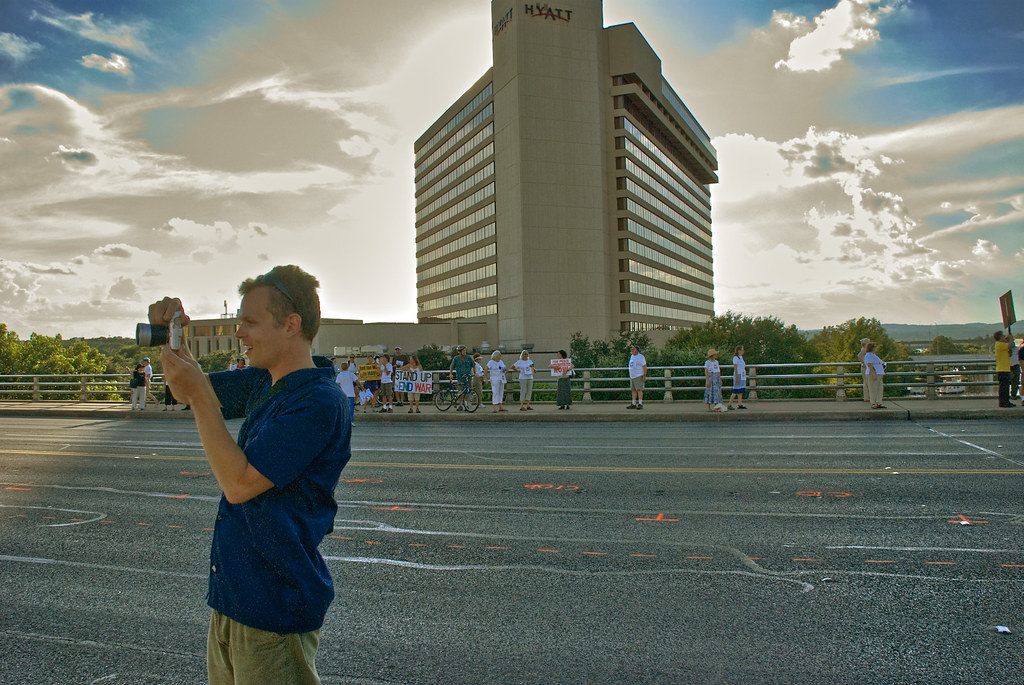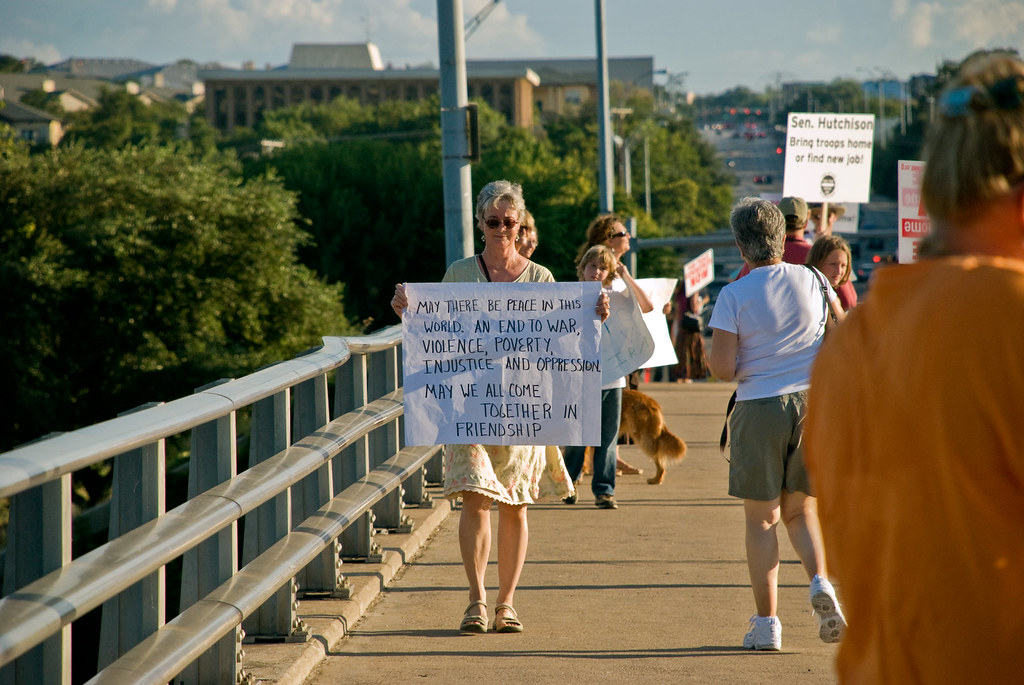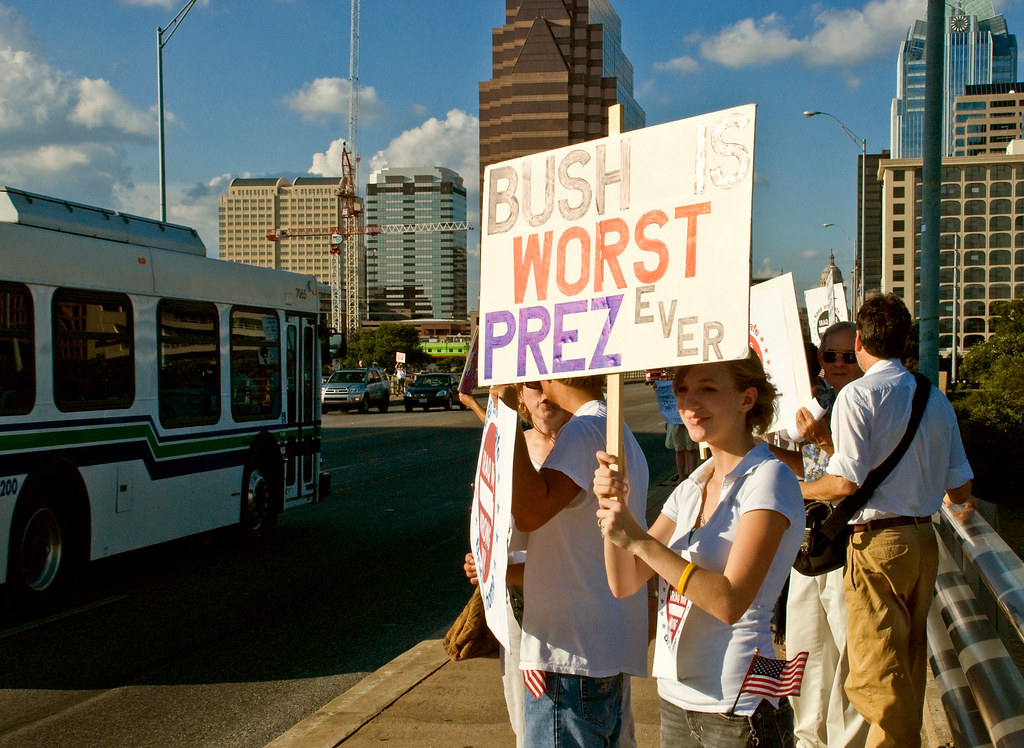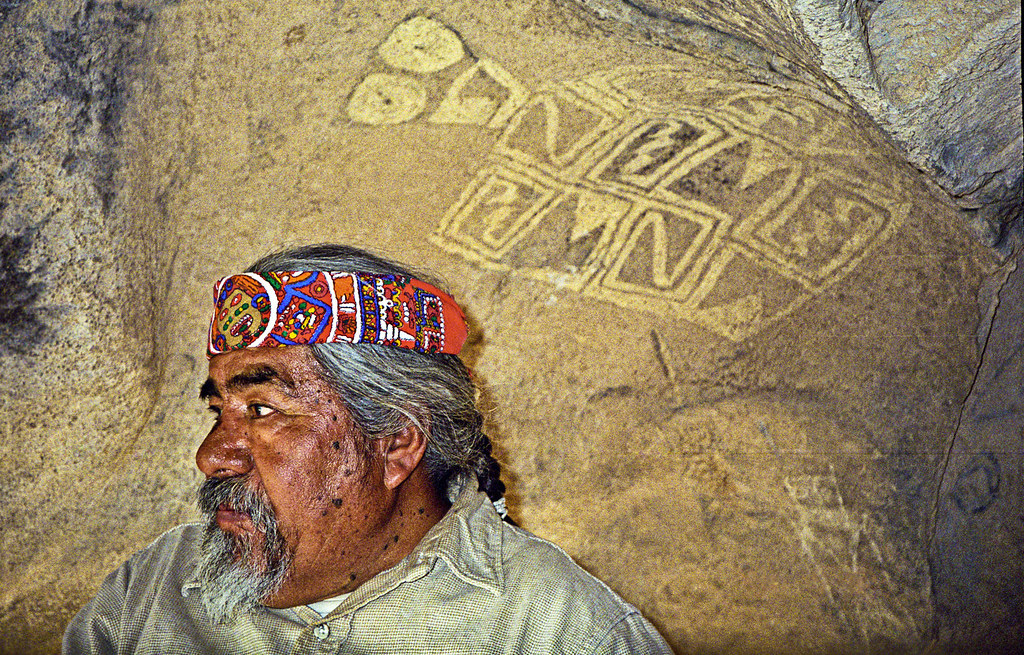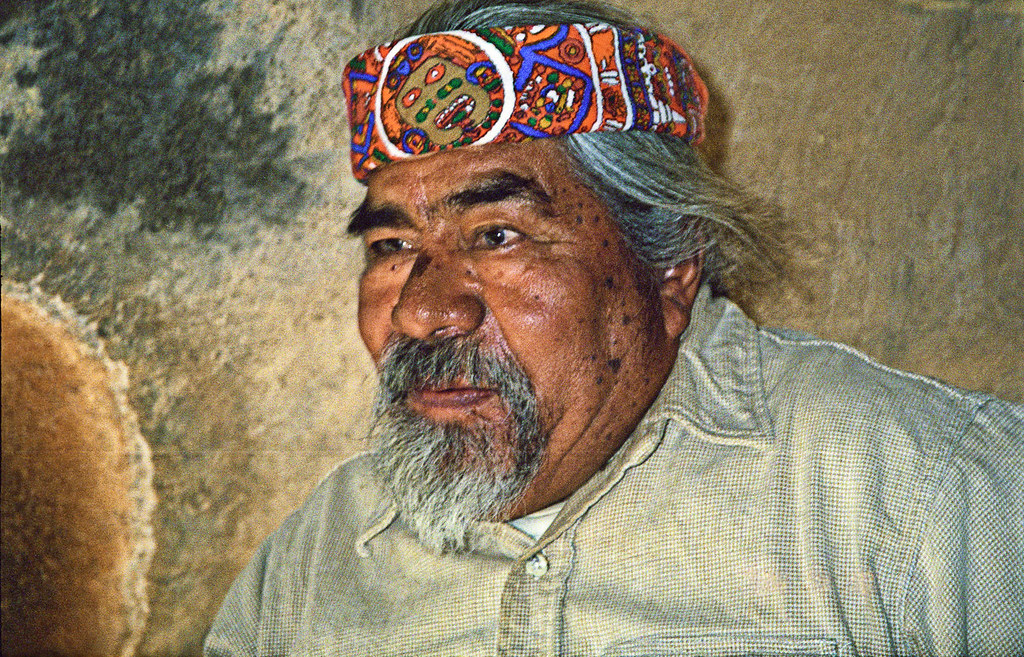Here we have
Megan McArdle, a conservative columnist at Atlantic.com, suggesting that those of us who oppose torture, possibly not including the columnist, should not use pragmatic arguments against torture by claiming, for example, that it does not work. She suggests that perhaps it does. Instead, she advises liberals, of whom she is clearly not one, to take the harder approach, and stand against torture on moral grounds.
McArdle, who previously wrote a blog under the pen name of Jane Galt, may perhaps be a fan of the the harder approach and the heroic pose on principle, if her taste in political literature can be admitted in evidence (she enjoys the novels of Ayn Rand, though she insists she is not, herself, an "objectivist," Rand's name for her socialist-realism stood on its head.) I find myself unfairly perhaps suspecting that if McArdle does in fact oppose torture on principle, it is because so many liberals oppose it for inferior and pragmatic reasons.
But, in any case, I agree with her that if we oppose torture, we should do so on principle, even as at the same time I have my doubts as to her bona fides as an advice-giver to liberals.
But is the legitimacy of torture something that is even a morally defensible thing to talk about? Is it a discussion we should actually have? Why do liberals find themselves invited--by right-wingers whom we are assured are earnest,philosophically-minded truth-seekers--to even talk about such a thing? Does the invitation to this intellectual soiree have another consequence, not to mention another purpose, than the unveiling of the Truth?
I am not suggesting a conspiracy, by the right. I am suggesting a fundamental flaw in the way these guys look at the world.
Let's take something similar. Suppose a right-winger proposes--and not in a Jonathan Swiftian way--that we seriously examine the case for murdering our children, and eating them, in times of hardship.
After all, 9/11 changed everything. And sometimes it works. Protein is protein.
Immediately we see the problem.
Now McArdle here in effect inserts in her by-the-way manner that really, if we _really_ oppose such cannibalism, we should do so because it is a bad thing, not because it doesn't provide calories.
Now, in the first amendment sense at least, I am not in favor of actually, legally, suppressing such a discussion. I suppose I am more in favor of a Mennonite-like shunning of people who wish to carry on that conversation with us. The only philosophical argument here, that I can see, is the case for rejecting such talk altogether, not the case for boiling and eating our children.
I suppose I would make a sort of slippery-slope argument, that the very consideration of that behavior--or for that matter, of torture--takes us closer to very bad things indeed.
At this point, someone wishing to be helpful, suggests that we should define our terms (we actually see this in comments to McArdle's blog.) What do we mean by killing and eating our children? Perhaps eating our children without killing them should be an acceptable thing to talk about. And so forth. Or to paraphrase some of the real comments, "Torture is a bad thing, agreed, but how about waterboarding?"
We see the slippery slope, here, already getting slid down.
